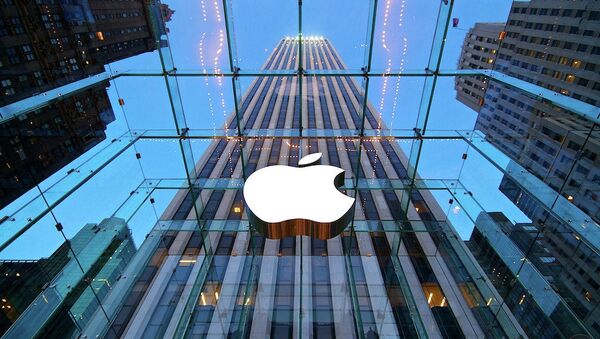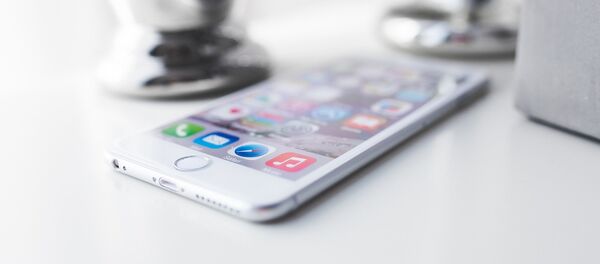Apple maintains that opening the iPhone would compromise the security of all its phone devices.
"There’s a powerful privacy argument off to the side, but just in the security lane, right now I’m believing that American is better served — for its security — with unbreakable, end-to-end encryption," Hayden told WTOP. "The government’s current request to have some kind of permanent, standing, baked-in access that they can call on — I actually think that that threatens that security."
Hayden warned that once a "back door" access is created into encrypted information, there is no way to guarantee it will only be used by individuals with sound intentions.
"When somebody puts a [back] door into a system, he’s just upped my chances that someone can break in," he argued. "So it is not at all surprising that big companies like Apple and Google and Microsoft are making technological advances that are incredibly difficult for the government to keep up with, even if they wanted to."
Earlier in February, US District Court Magistrate Sheri Pym ordered Apple to help the FBI break into the San Bernardino terrorist's iPhone despite the company's objections.
However, a New York court contradicted the ruling by denying a request from a New York prosecutor for access to a phone in a drug-related case.



